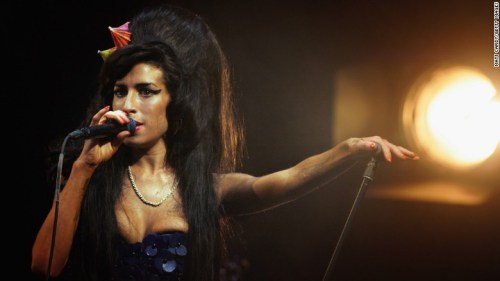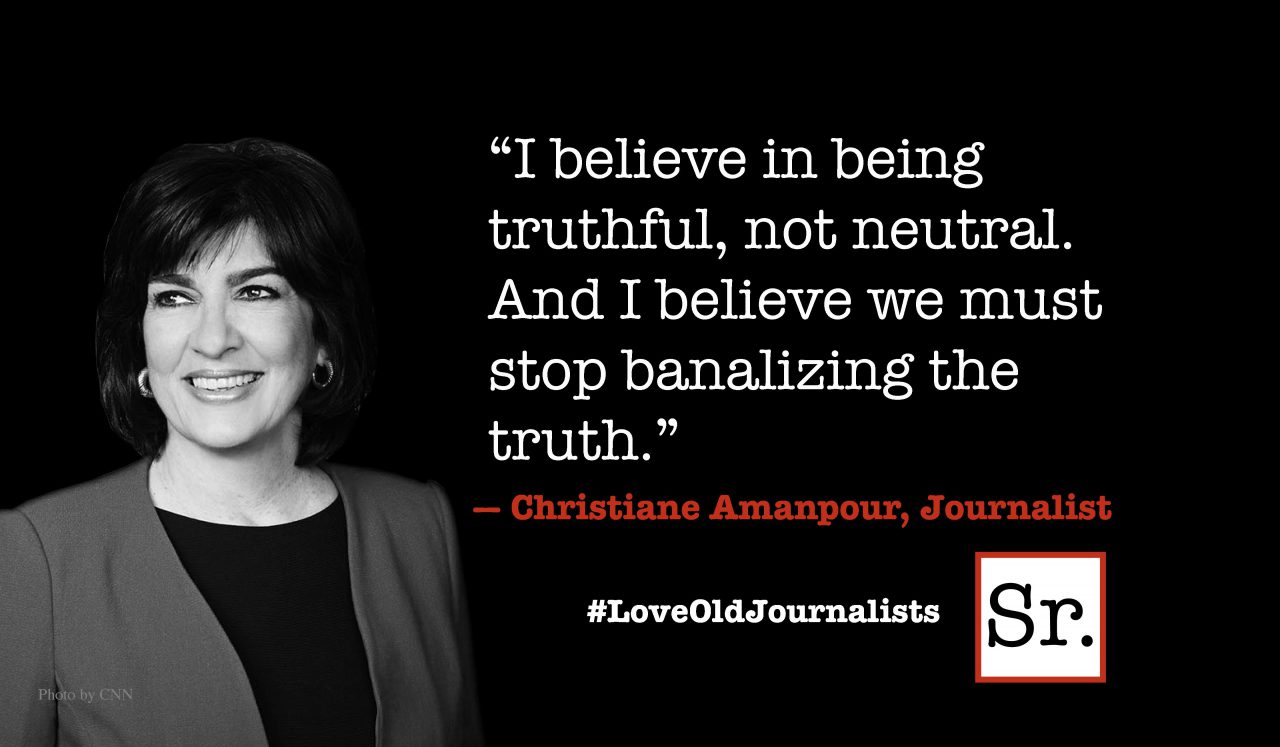The documentary “Amy” spends its first hour making the case that the late Amy Winehouse was one of the great singer-songwriters of the new millennium, a British Jewish girl who channeled the smoky/slurred vocals of Sarah Vaughan and Billie Holiday and wrote searingly revelatory yet weirdly beautiful tunes.
Then Asif Kapadia’s film spends a second hour chronicling Winehouse’s rapid unraveling, her battles with substance abuse, and her 2011 death at age 27 of alcohol poisoning.
The effect is heartbreaking.
Kapadia’s documentary is constructed exclusively of archival footage. There are the usual TV broadcasts, concert footage, photos and news video (once she became famous and her shenanigans newsworthy, Winehouse was ruthlessly stalked by the paparazzi).
But what makes “Amy” so intimate and ultimately revelatory is the huge quantity of private videos — most shot on smart phones in private circumstances — that chronicle her transition from fresh-faced 15-year-old to up-and-coming musician to hunted, haunted cultural icon.
Dozens of Winehouse’s friends, co-workers and family members contribute their memories and thoughts, but there are no talking-head interviews. Rather, these comments play under the compelling visuals.
Much has been made of the fact that members of Winehouse’s family are upset with the film. Well, no shit. They pretty much condemn themselves.
Winehouse’s mother was by her own admission a passive sort who rarely stood up to her daughter — even when Amy was begging for guidance and discipline. Her father, who also served as her manager, comes off as exploitative, concentrating on the money first with his daughter’s welfare an afterthought. (“You can’t force someone to get well. It’s up to her.”)
And Amy’s choice of men left much to be desired. Her husband, Blake Fielder — who spent a chunk of their marriage in prison for assaulting a pub owner — maintained a classic co-dependent relationship with Winehouse: drugs, drink, cutting.
On top of that Amy was bulimic — we hear of a recording session where she downed a massive meal, then retreated to “redecorate” the bathroom with her volcanic purging.
Rap artist Yaslin Bey (aka Mos Def) describes her as “someone trying to disappear.”
Winehouse seems to have been cursed with great talent and only limited ability to handle the fame it generated. She was achingly vulnerable.
One gets the impression she would have been happy performing in smoky clubs for a couple dozen serious jazz fans. Instead she found herself headlining massive stadium shows, providing, of course, she made it out on stage and was able to face the microphone. (There’s horrifying festival footage of one of her on-stage meltdowns — she’s so wasted she sways.)
One acquaintance refers to Winehouse as “an old soul in a young body” who at age 18 was able to write love songs jammed with pain and ecstasy.
And “Amy” delivers on both counts.









